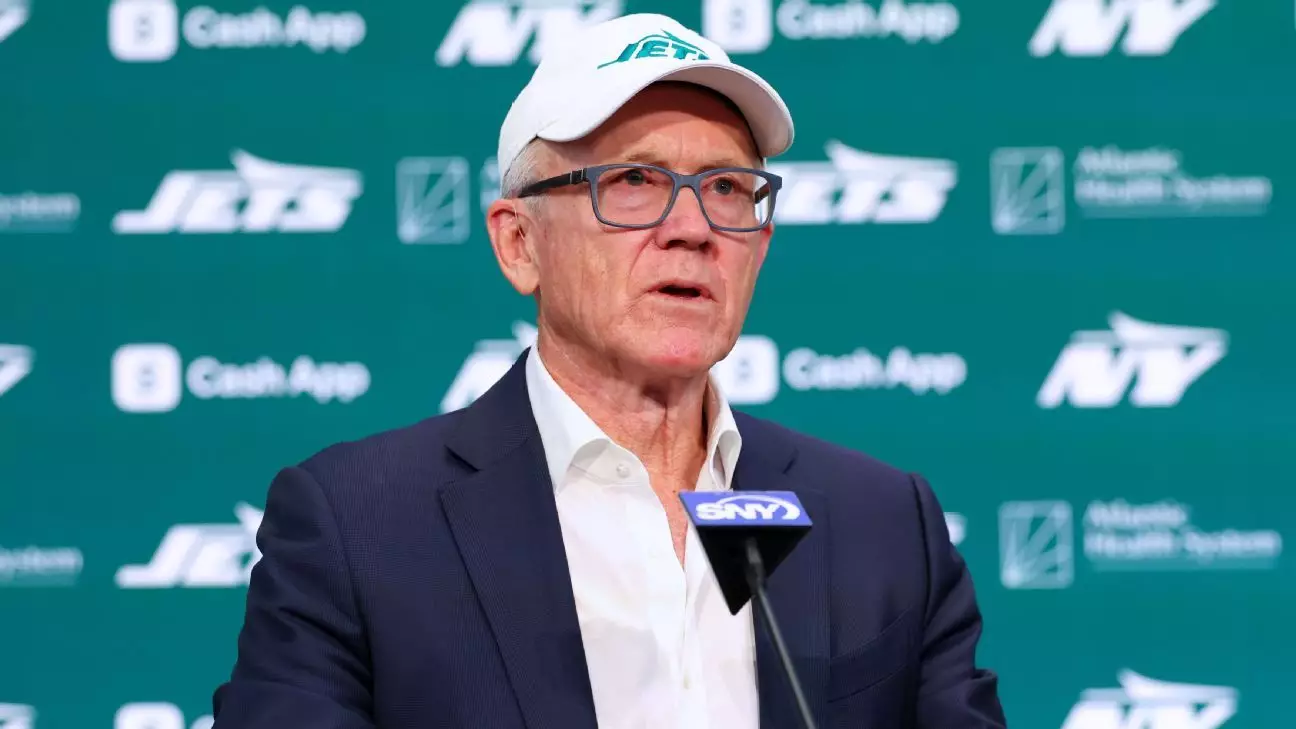In a significant twist in the football investment landscape, Woody Johnson, the owner of the New York Jets, has struck a monumental deal to acquire a 43% stake in Crystal Palace FC for £190 million (approximately $254 million). This agreement signals not only a financial commitment but also a strategic move that may redefine the trajectory of the club. This acquisition, pending the Premier League’s approval, stands as a testament to the influx of American investment in European football leagues, especially given Johnson’s background as a former U.S. ambassador to the United Kingdom.
Implications of Ownership Transition
While the formalities of the acquisition await Premier League ratification, the implications for Crystal Palace are substantial. Currently, the club is under the leadership of chairman Steve Parish and a consortium of American investors, including Josh Harris and David Blitzer. The integration of Johnson into the club aims to amplify its global presence, bringing together financial prowess and an extensive network. Should his stake acquisition be finalized, it could simplify current ownership complications, especially concerning UEFA regulations surrounding multi-club ownership, given the complexities of John Textor’s engagements with Lyon.
Under existing UEFA rules, clubs with linked ownership structures can face severe restrictions, which has previously put Palace’s participation in the UEFA Europa League in jeopardy. Johnson’s entry might not only protect the club’s interests but could also assure its future in European competitions, especially after a successful FA Cup campaign that secures them a spot in the prestigious tournament.
The Historical Context and Future Prospects
Johnson’s foray into English football is not without parallels, as he previously expressed interest in acquiring Chelsea amid its tumultuous ownership transition. His failed bid highlighted the competitive nature of international ownership in football, where deep pockets often meet passion for the game. As a self-proclaimed Chelsea supporter, his transition to Crystal Palace could also reflect a shift in allegiance, raising questions about how personal loyalty translates into business decisions in the world of high-stakes sports investments.
This transition promises an exciting era for Crystal Palace. With Johnson’s resources and strategy, fans can anticipate enhanced club development, potentially leading to more significant investments in talent acquisition and infrastructural improvements. Such developments could galvanize the fanbase, offering a renewed sense of hope and ambition.
The Unfolding Narrative of International Investment
What does this acquisition signify in the broader context of football? It epitomizes a growing trend where American businessmen are not just passive investors but active players in redefining club ambitions in the English Premier League. The narrative is changing—it’s no longer solely about traditional footballing powerhouses but also about mid-tier clubs making big waves on the international scene. As Johnson’s involvement becomes official, all eyes will be on how he executes his vision for Crystal Palace, especially as the club looks to build on recent successes and translate them into sustained performance in both domestic and European competitions.
In sum, Johnson’s latest investment encapsulates the optimism and dynamism of modern football, bringing new challenges and opportunities that will undoubtedly shape the future of Crystal Palace and perhaps even the broader landscape of the game in the years to come.


Leave a Reply